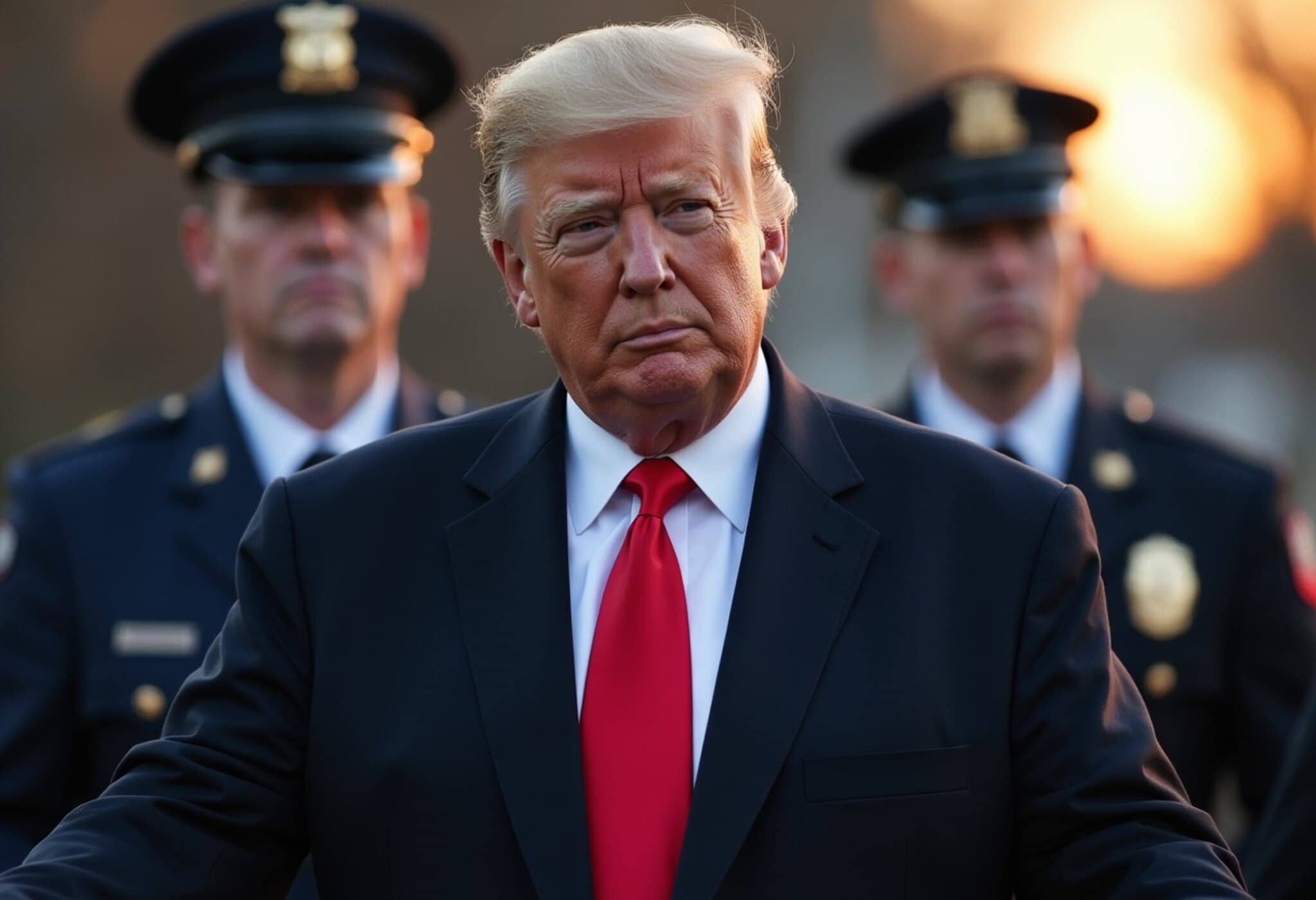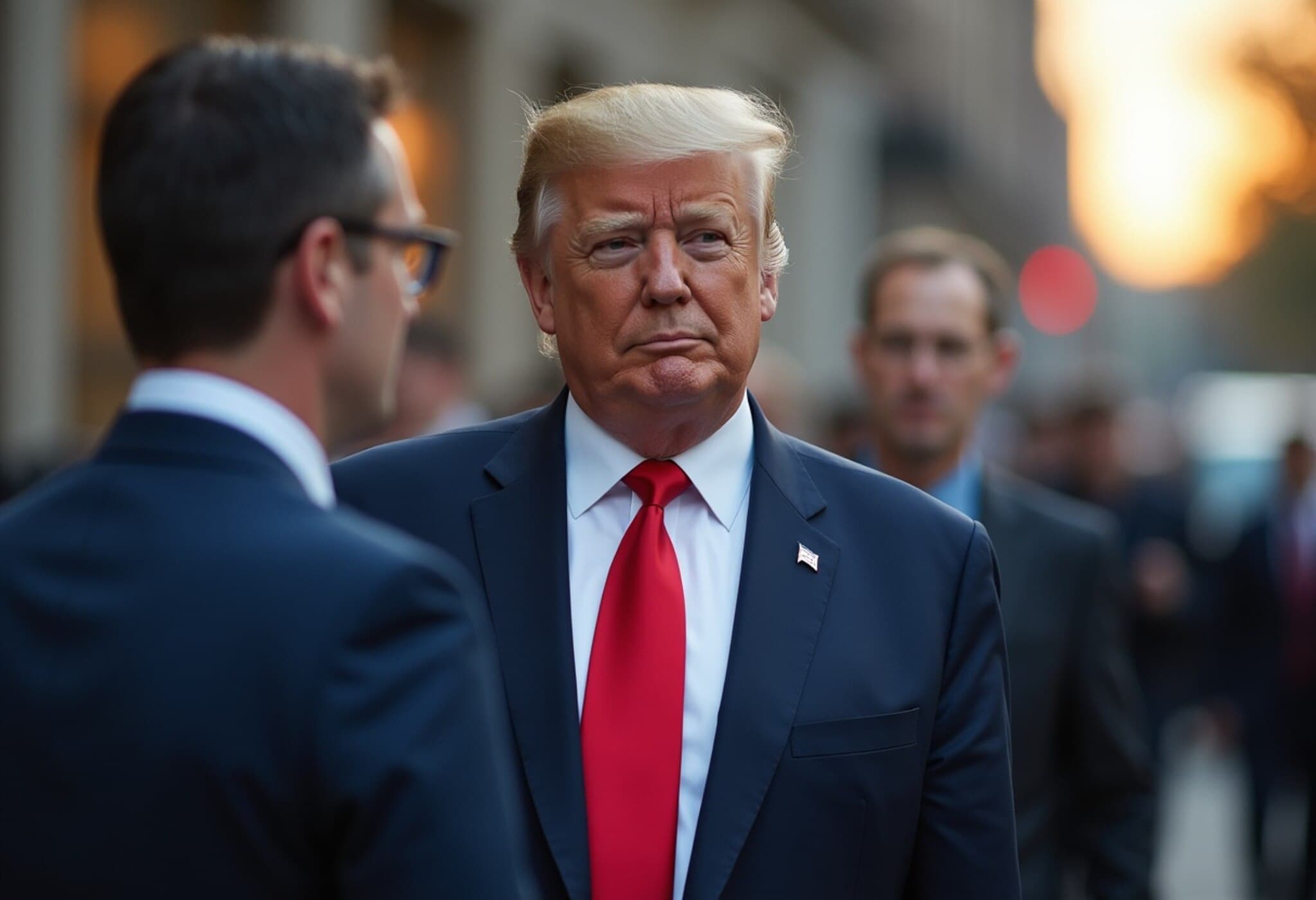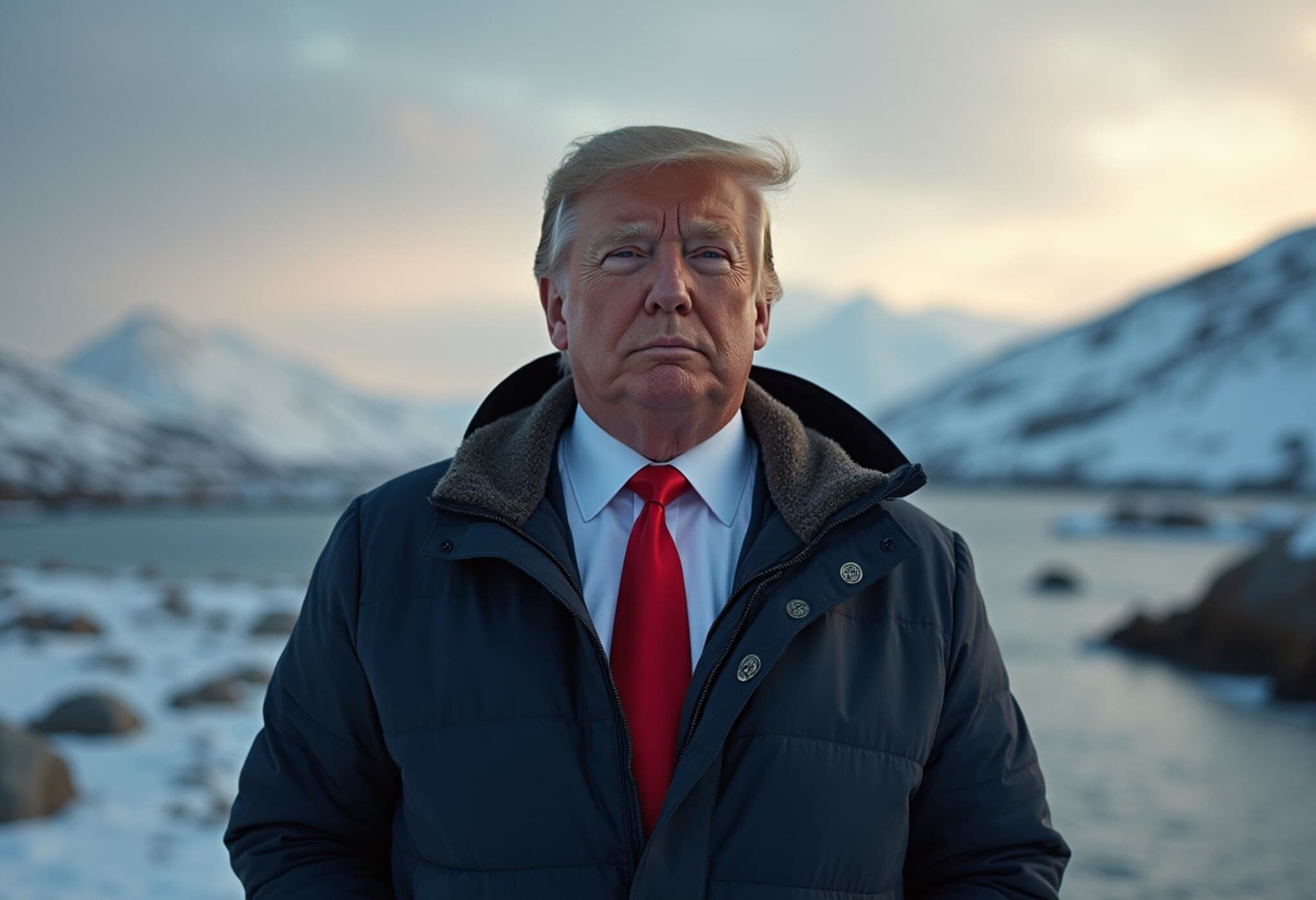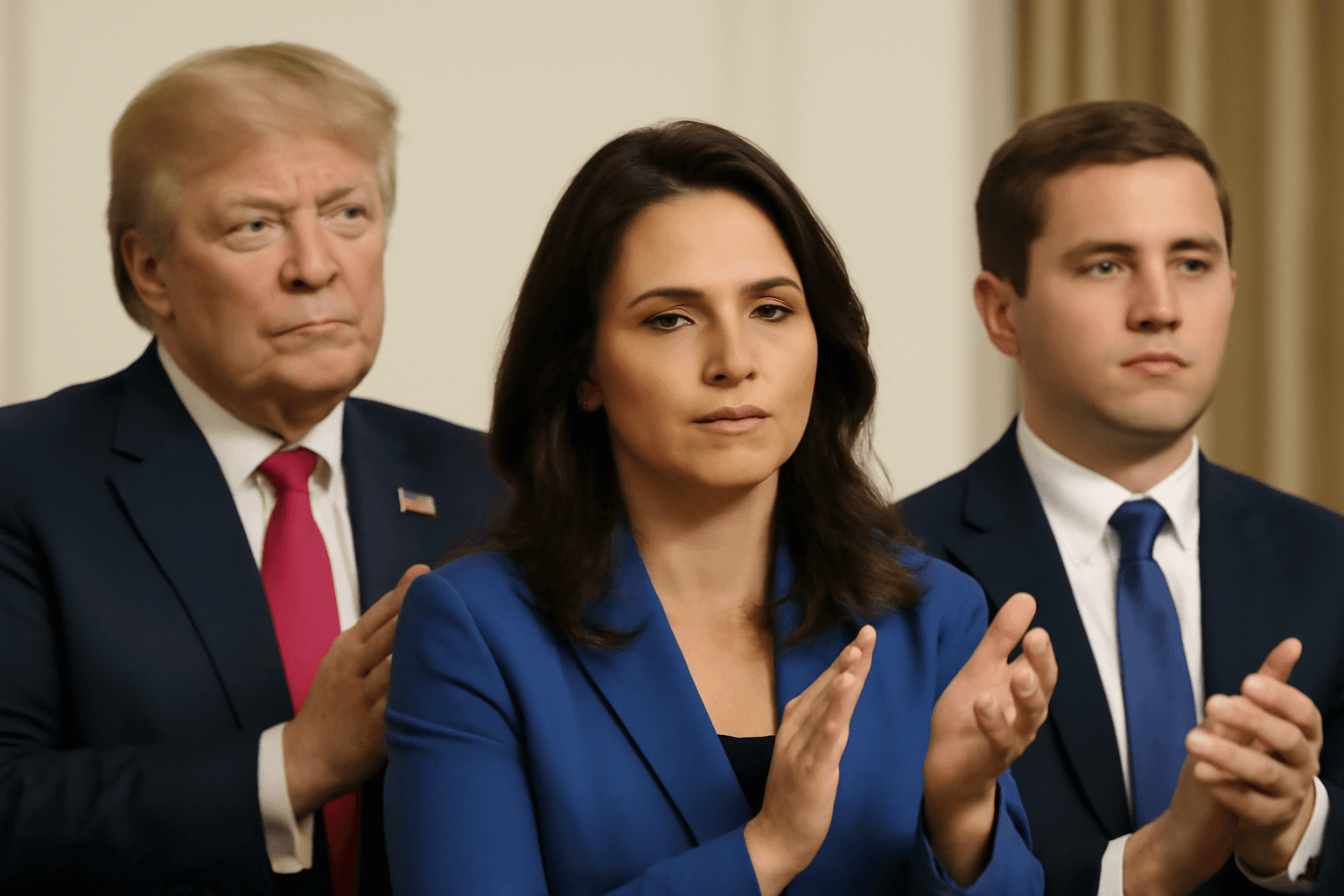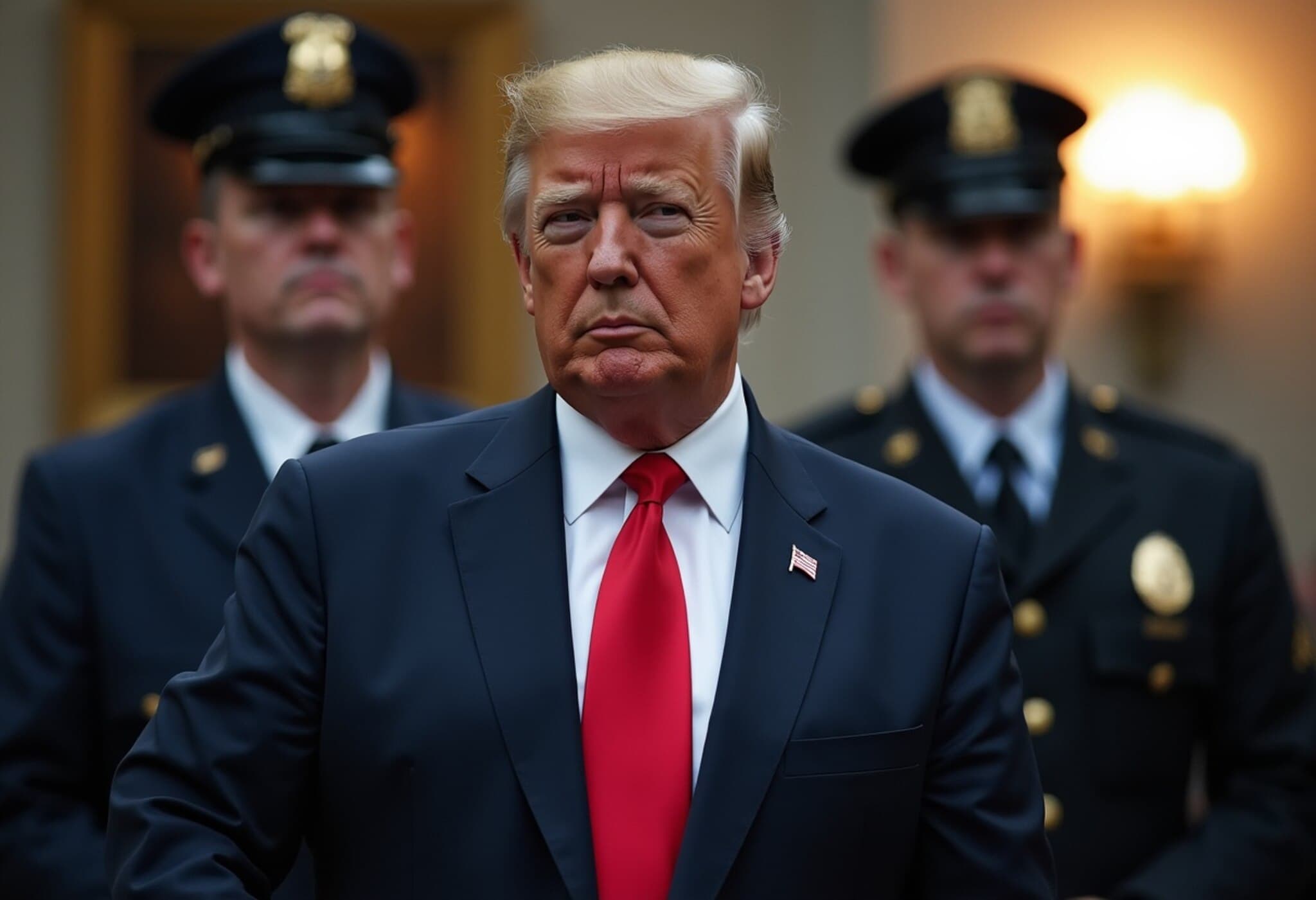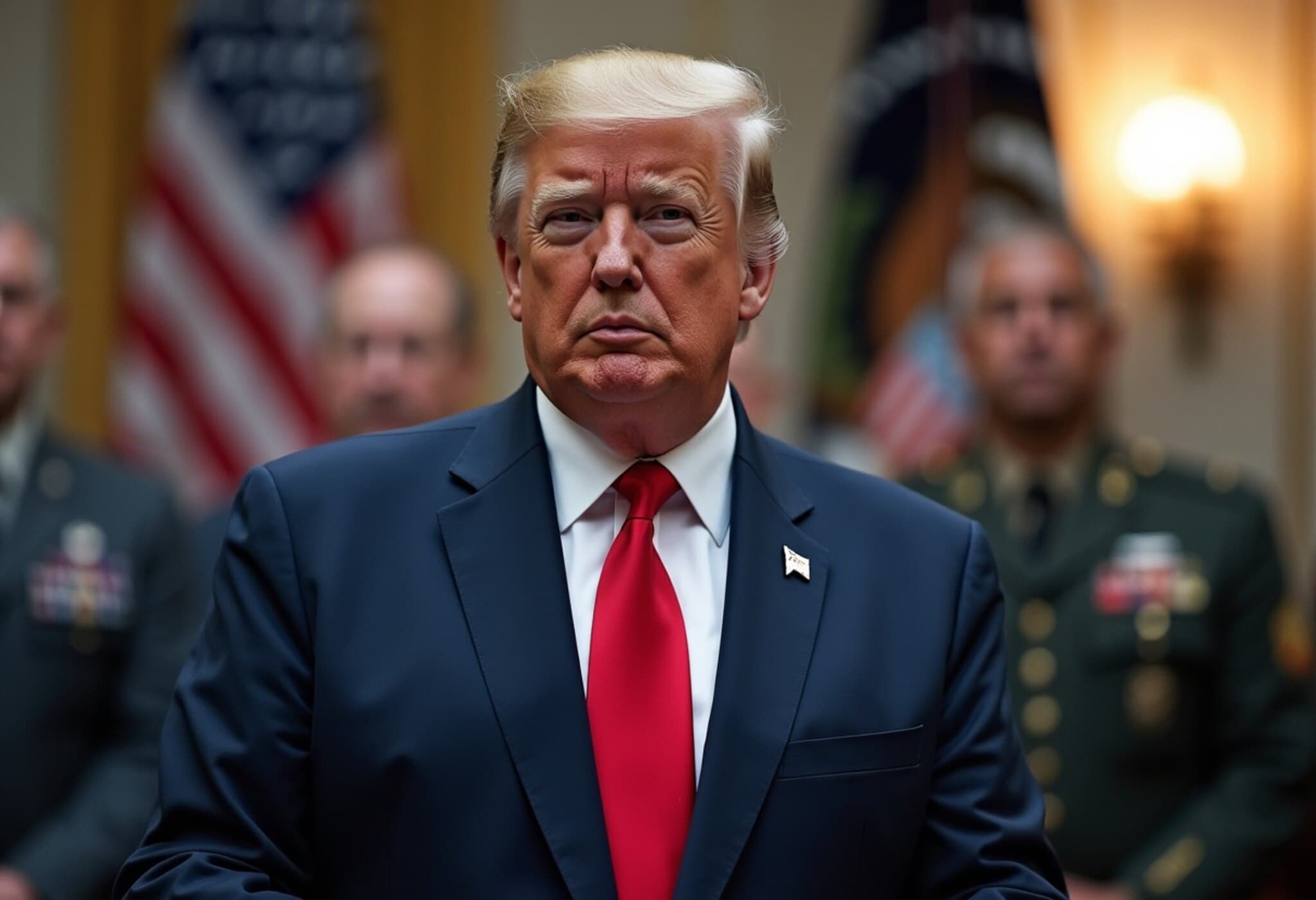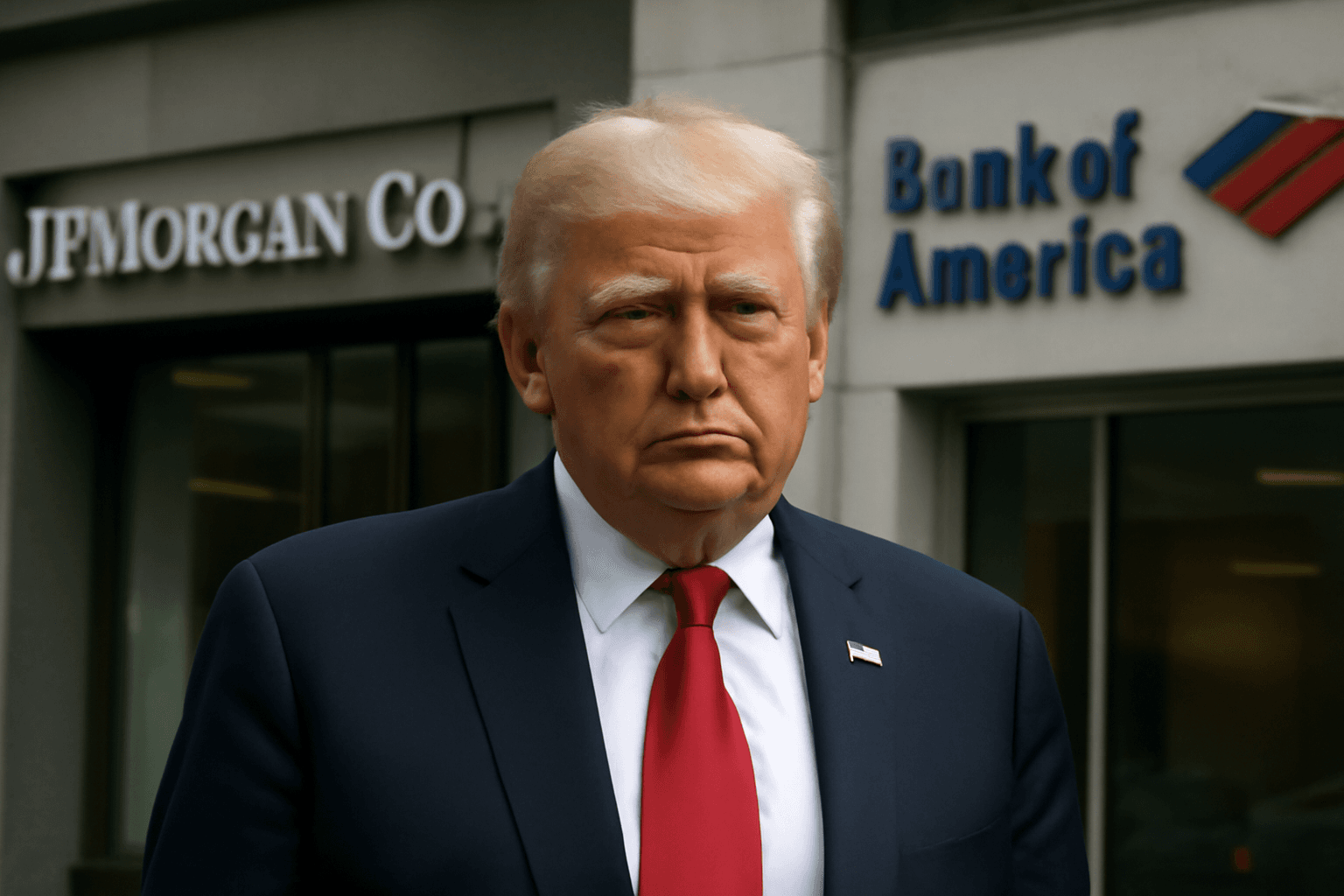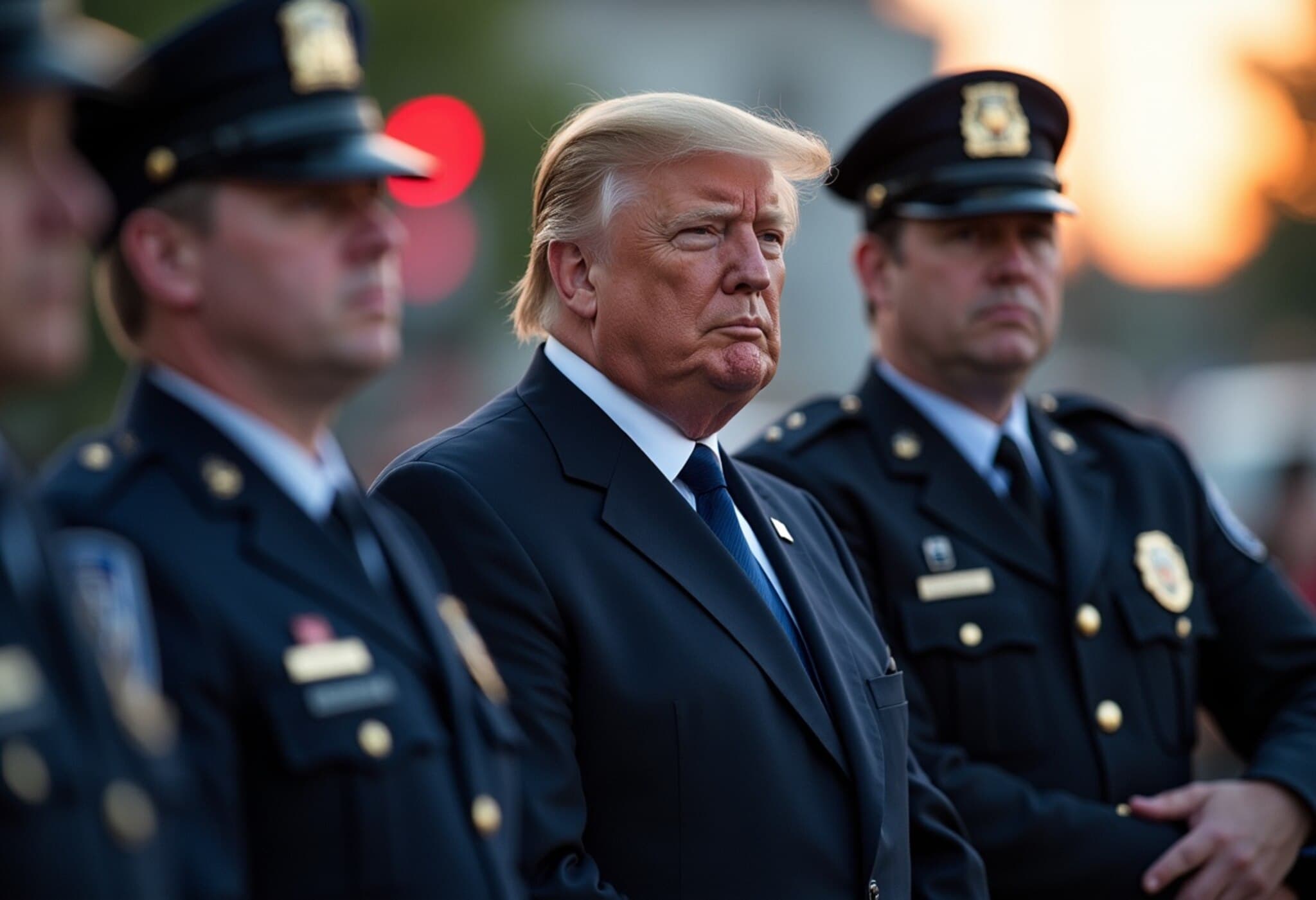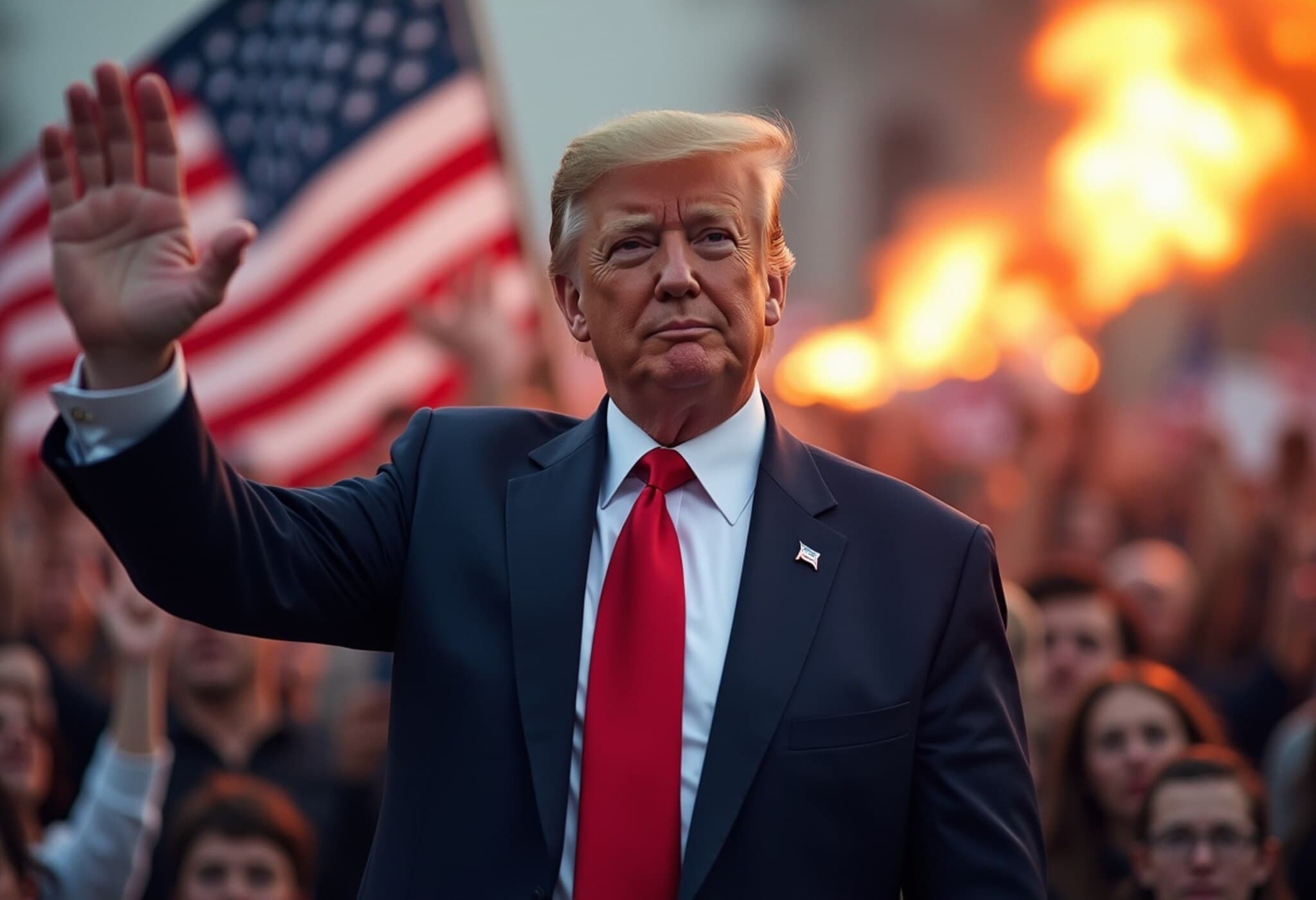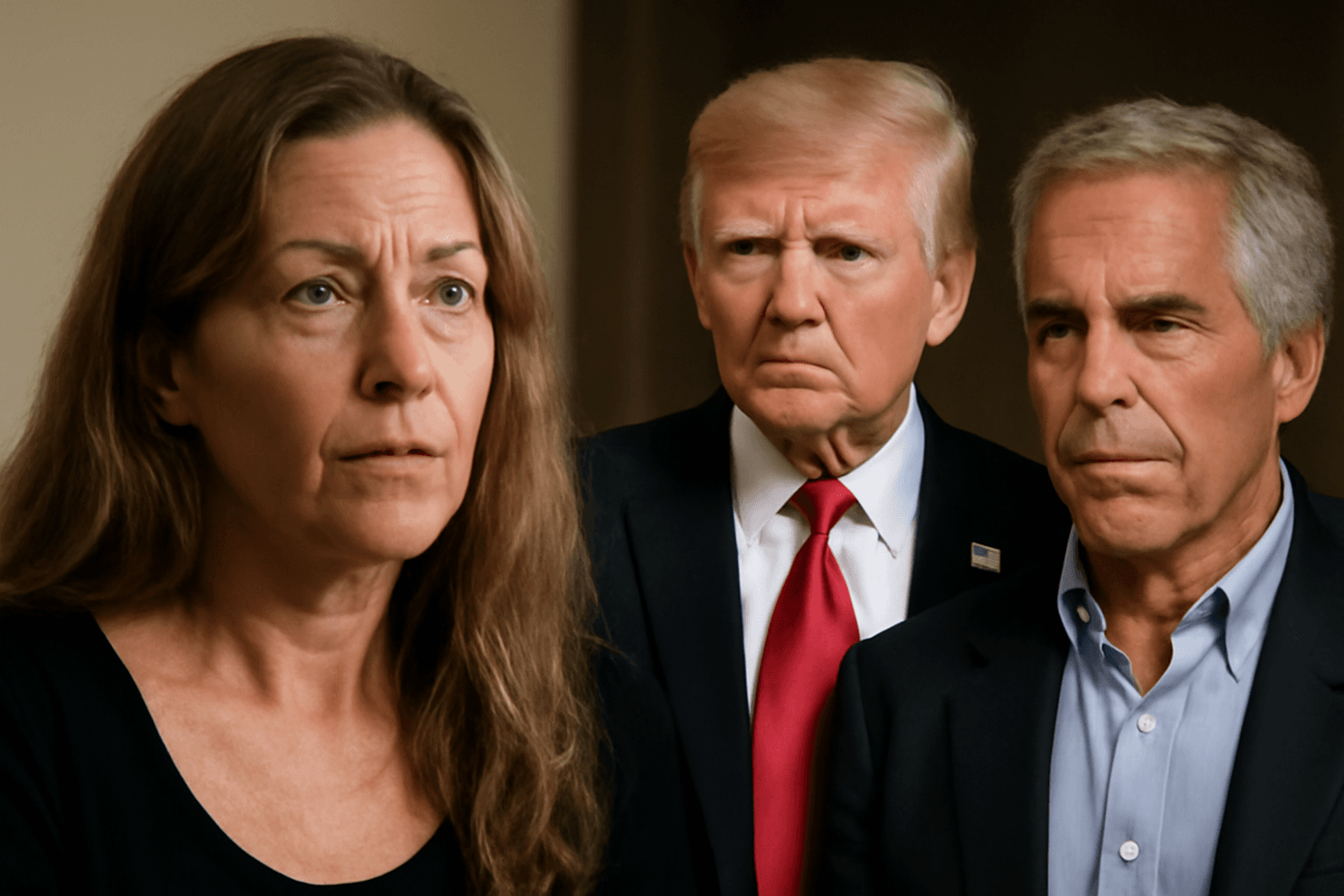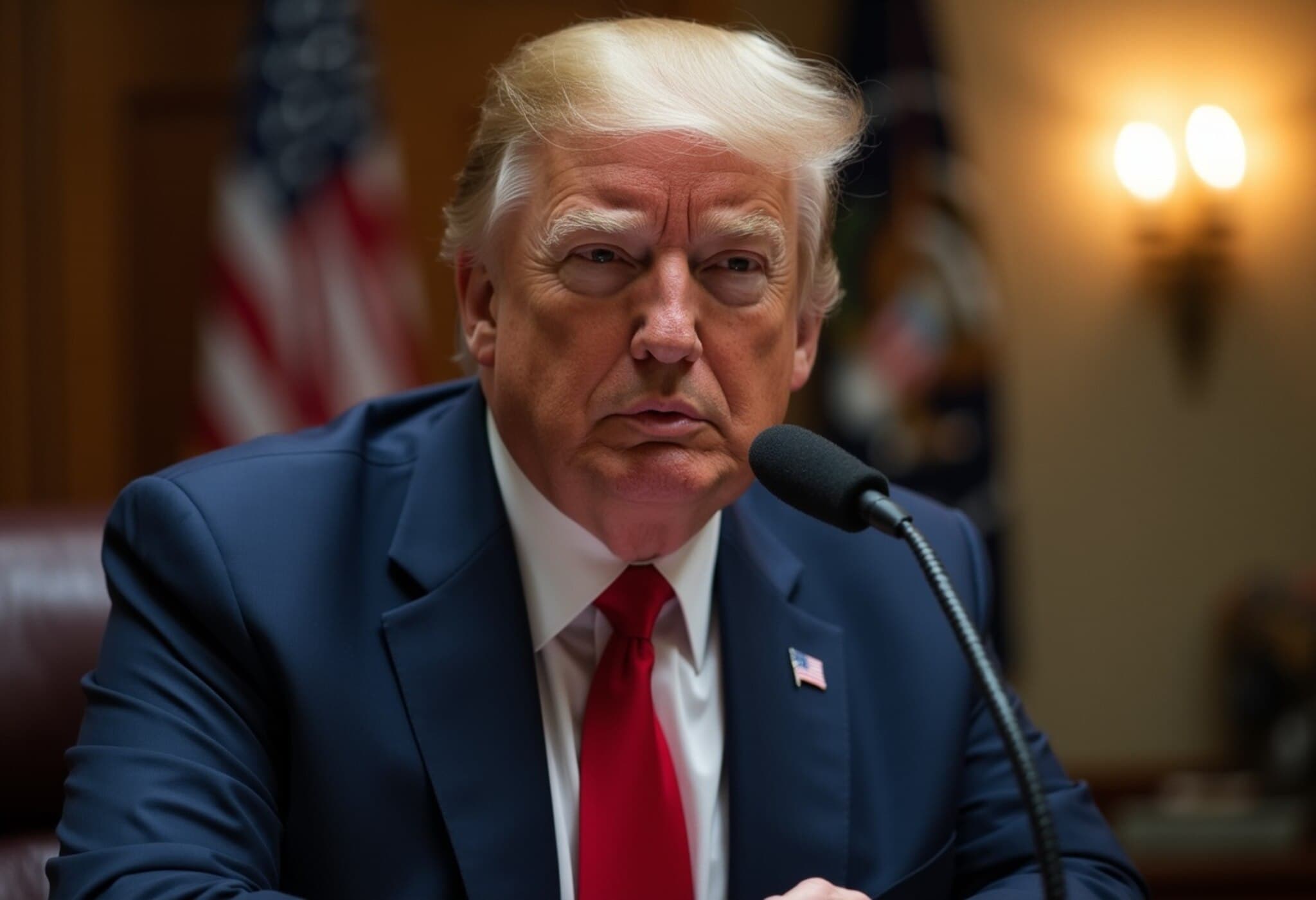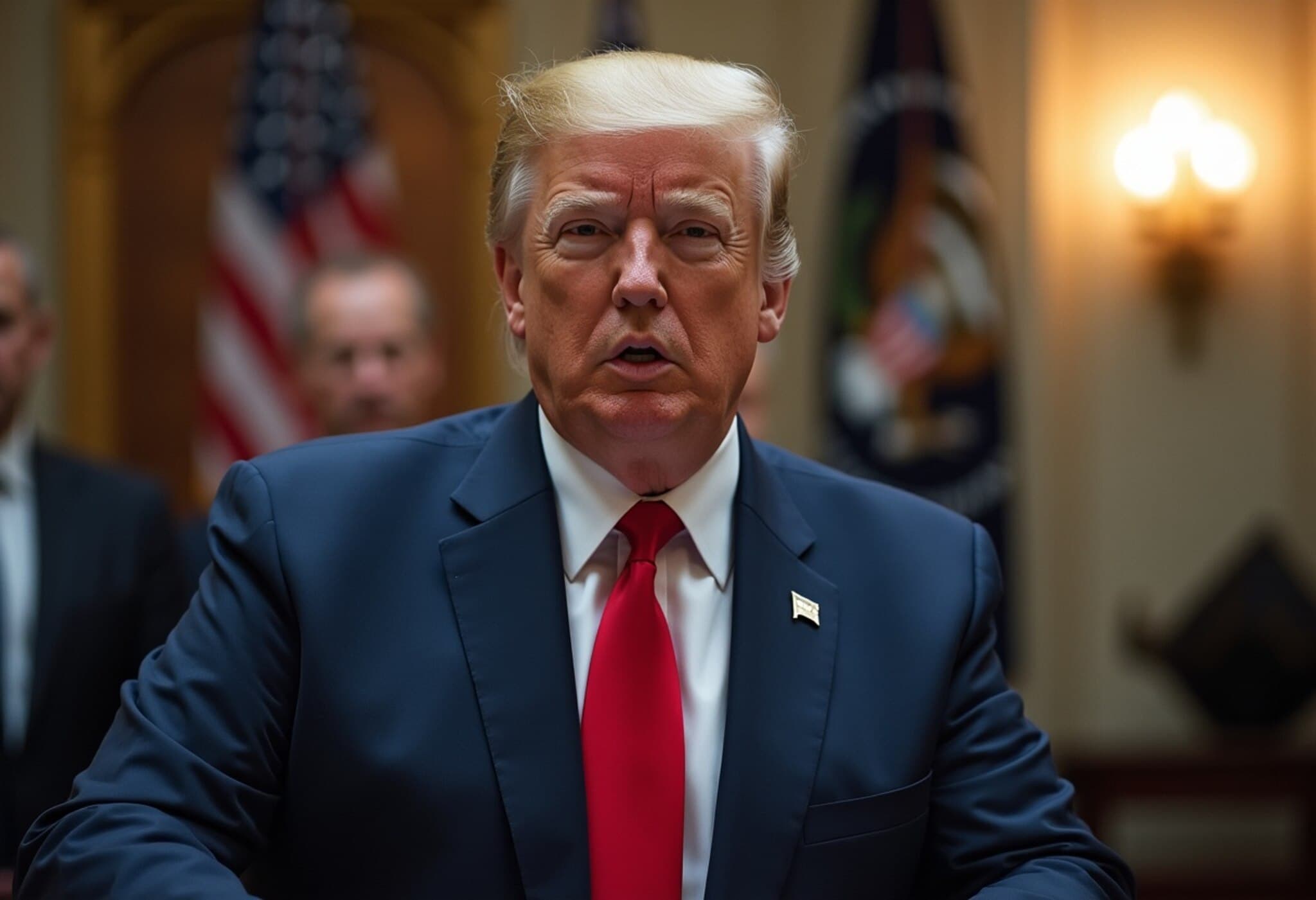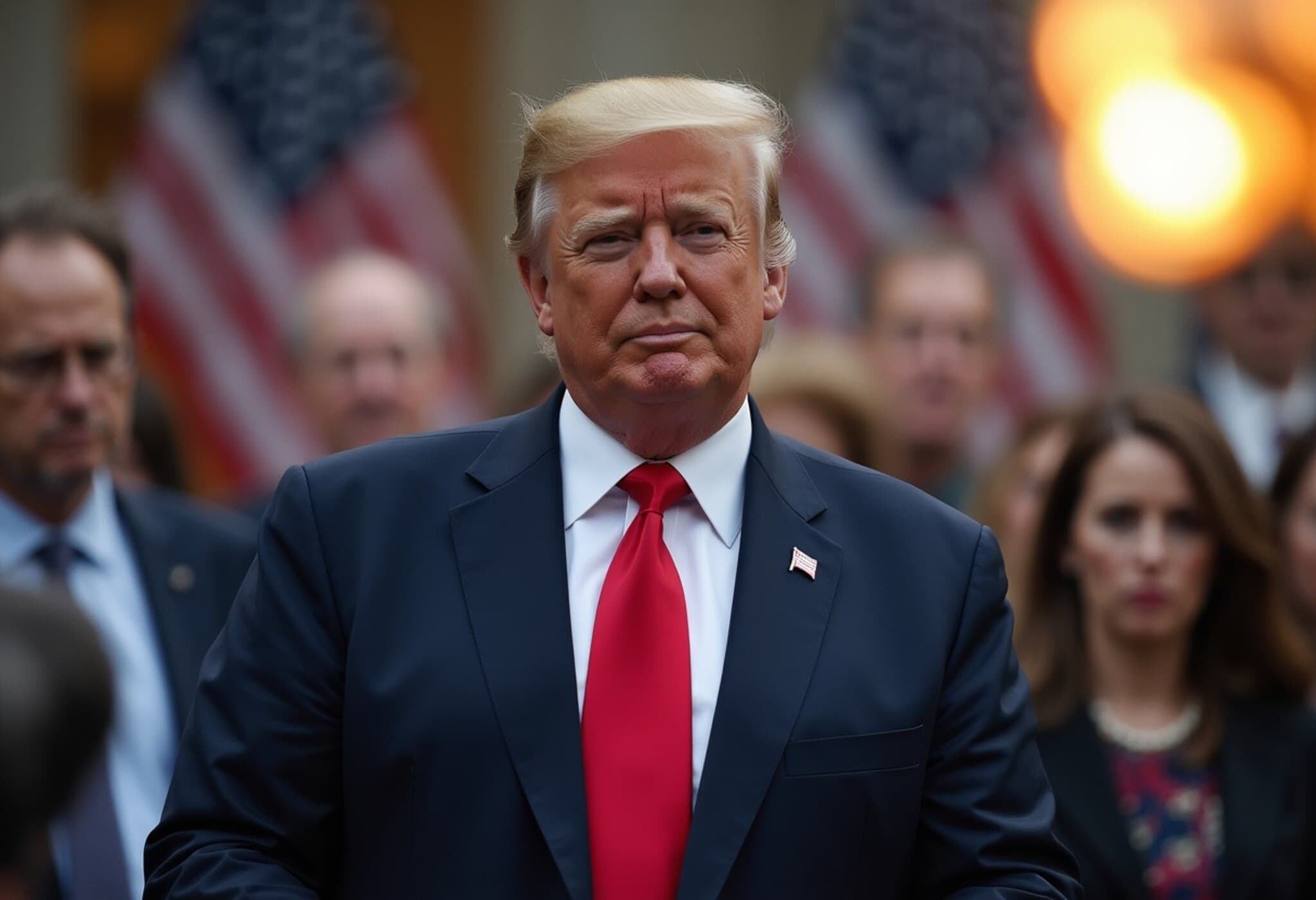New Senate Report Unveils Major Security Lapses in Trump Assassination Attempt
In a sobering revelation, a recent Senate report has highlighted significant and unacceptable shortcomings in the U.S. Secret Service’s handling of an attempted assassination against former President Donald Trump at a campaign rally last summer in Butler, Pennsylvania. The report outlines a series of failures that contributed to the attack, urging stronger disciplinary measures against agency personnel and a broader overhaul of the protective protocols.
The July 2024 Incident: What Happened?
On July 13, 2024, during a high-profile rally, a gunman fired eight shots toward Trump as he addressed the crowd. The bullet grazed Trump, tragically claiming the life of a bystander, Corey Comperatore, and injuring two others before the attacker was swiftly neutralized by a sniper. This harrowing episode sparked widespread scrutiny of Secret Service operations and security preparedness.
Unpacking the Failures: Communication and Negligence
The newly released Senate Homeland Security and Governmental Affairs Committee report, chaired by Republican Senator Rand Paul, painstakingly details a breakdown in communication and accountability:
- Early Warning Ignored: The Secret Service was aware of a suspicious individual nearly 45 minutes before the shooting yet failed to act decisively to prevent the incident.
- Ignored Vulnerabilities: Known line-of-sight weaknesses at the venue were not addressed in advance, exposing critical blind spots in protective coverage.
- Inexperienced Personnel Assigned: Key countermeasures, such as counter-unmanned aerial system oversight, were entrusted to inadequately trained agents.
- Denied Resource Requests: At least 10 critical requests, including for more countersniper personnel, were denied or left unfulfilled by USSS headquarters despite clear needs from the Trump protection detail.
Disciplinary Actions Draw Scrutiny
Following the incident, six Secret Service employees faced suspensions ranging from 10 to 42 days without pay. However, the Senate report calls these penalties insufficient, lamenting that no firings have occurred and emphasizing broader accountability is urgently needed.
In the wake of intense bipartisan pressure, Secret Service Director Kimberly Cheatle resigned within two weeks, accepting "full responsibility for the security lapse." Yet, critics argue this action alone is not enough given the gravity of the failures.
Independent GAO Report Highlights Critical Information Silos
Adding to the scrutiny, the Senate Judiciary Committee’s chairman, Chuck Grassley, released a Government Accountability Office (GAO) report emphasizing that the Secret Service lacked coordinated threat information sharing internally and with local law enforcement. As a consequence, personnel responsible for security planning remained unaware of relevant threats prior to the rally—a gap that the GAO suggests could have been closed with proper protocols.
What This Means for Protective Services
Experts stress that this episode underscores systemic vulnerabilities in one of America’s most valued agencies. The Secret Service's mandate is not only the protection of the president but also ensuring public trust in national security infrastructure.
Comparatively, investigations into the Secret Service’s response to a separate incident in West Palm Beach, Florida, praised a coordinated and effective response, illustrating that properly executed protective measures are indeed effective when fully implemented.
Editorial Insight: The Broader Implications for U.S. Security
This report invites a critical reflection on the balance between security preparedness and agency culture. It raises pressing questions about the allocation of resources, the training and experience of agents assigned to high-risk posts, and the imperative of inter-agency communication systems. Beyond Trump’s case, these findings have broader resonance as political figures increasingly face threats amid a volatile political climate.
Furthermore, how the government acts on these recommendations will be a litmus test of accountability and responsiveness. Will the Secret Service institute reforms robust enough to prevent another close call? The American public deserves a protective service that not only reacts but anticipates threats with the gravity they warrant.
Summary
- The Senate report condemns multiple Secret Service failures during Trump’s assassination attempt.
- Critical warnings were ignored, and security vulnerabilities went unaddressed.
- Disciplinary measures are viewed as too lenient despite the severity of the incident.
- GAO highlights poor information sharing between the Secret Service and local law enforcement.
- The case spotlights the urgent need to enhance national protective services amid rising political violence.
Editor's Note
This report is more than a critique—it’s a call to action. The Secret Service, a pillar of American security, must embrace transparency, accountability, and reform to restore trust and safeguard leaders effectively. As threats evolve, so too must our protective strategies, ensuring no political figure—or innocent bystander—falls victim to preventable violence. Readers should consider: How can agencies better integrate intelligence and operational protocols? And what mechanisms will ensure accountability when failures occur at the highest levels?

